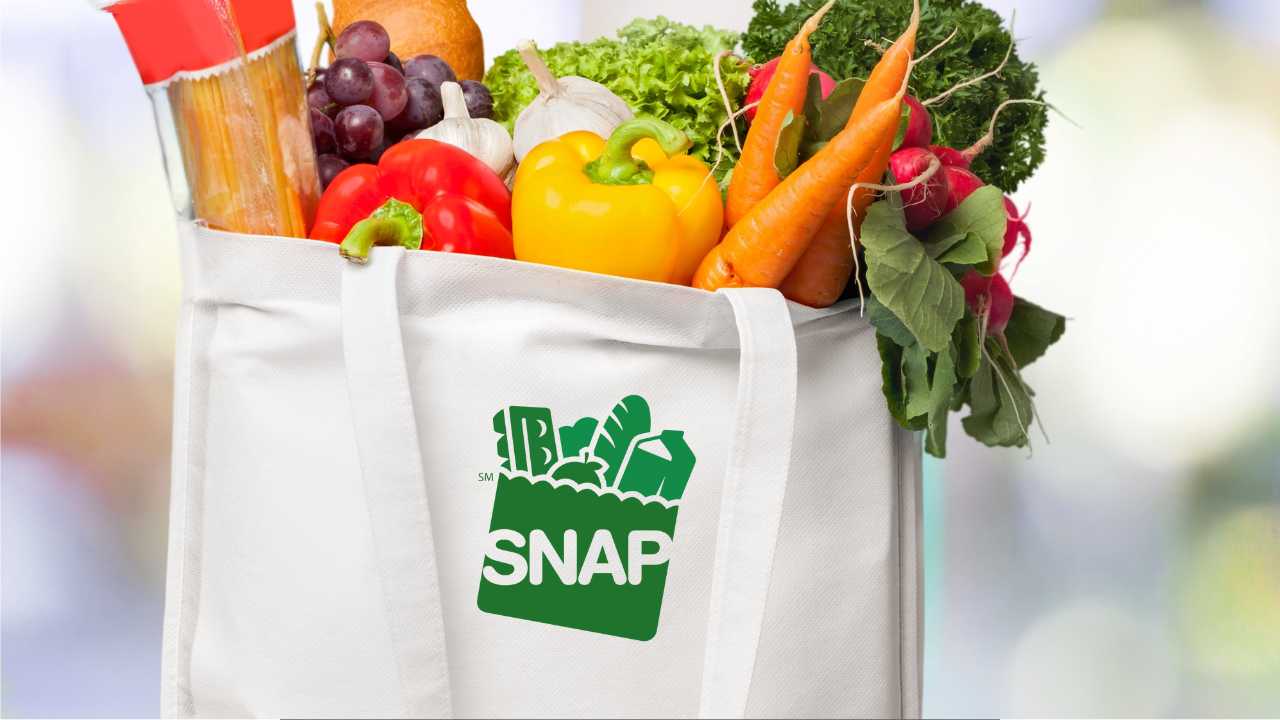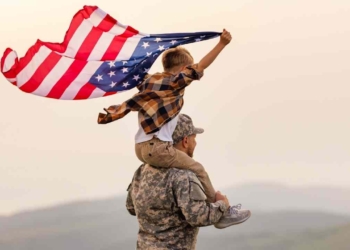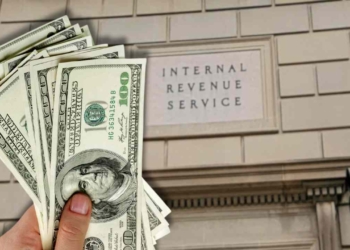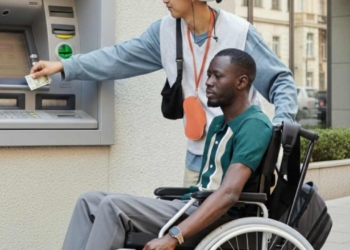The Supplemental Nutrition Assistance Program (SNAP) is primarily intended to provide funds to low-income families to purchase fresh, non-perishable food items, so that their members can stay away from the risk of hunger or malnutrition (in fact, good nutrition is in the name of the program itself).
Each month, the SNAP program sends benefits in the form of electronic money, via an Electronic Benefits Transfer (EBT) card, which can be used to purchase groceries at a list of locations accepted by the U.S. Department of Agriculture (USDA).
However, one very important detail: there are certain products that are prohibited by the program, and if a beneficiary purchases them using their EBT card, they could face immediate suspension of their funds.
What SNAP Benefits can currently buy (and what can’t).
Because the program’s spirit is about healthy nutrition, the USDA, and states allow SNAP recipients to purchase fruits, vegetables, meats (poultry, fish, pork), dairy products, breads, cereals, healthy snacks, and non-alcoholic beverages.
Additionally, they can purchase seeds or plants to grow their food at home, if they have land to plant and the conditions to make the garden flourish.
There is also an important list of foods or non-food products that are completely prohibited:
- Alcohol (wine, beer, spirits).
- Cigarettes and tobacco.
- Food or beverages containing controlled substances (such as cannabis or CBD).
- Vitamins, medications, or supplements labeled “Supplement Facts.”
- Live animals (except fish or shellfish and animals already slaughtered at the time of pick-up in store).
- Hot or prepared meals for immediate consumption.
- Non-food items: pet food, cleaning products, stationery, personal hygiene products, cosmetics, etc.
New restrictions on what you can buy with SNAP benefits in some states
In addition to the aforementioned products, which are federally prohibited, several states have established local regulations requiring recipients not to use their food stamps on certain products and instead focus on purchasing nutritious foods.
Arkansas implemented new restrictions starting July 1, 2026. In this state, carbonated beverages, even low- or no-calorie ones, will no longer be eligible for SNAP benefits. Fruit or vegetable drinks containing less than 50% natural juice, other beverages classified as unhealthy, and candy will also be excluded.
Idaho will join the program, implementing restrictions starting January 1, 2026. SNAP purchases will no longer include soft drinks of any kind or candy. The state government justifies this measure by pointing out that the consumption of these products contributes significantly to public health problems, such as obesity and diabetes, and that using public funds to purchase them is inconsistent with the program’s goals.
Utah will also implement changes on January 1, 2026. SNAP purchases will no longer cover soft drinks. Nebraska is doing the same, imposing restrictions starting on the same date on sodas and energy drinks that pose risks associated with their caffeine and other stimulant levels.
Iowa will take a broader approach and implement its exclusion list on January 1, 2026, with a different approach: from then on, SNAP will no longer be able to purchase taxable foods as defined by the Iowa Department of Revenue, with the exception of plants and seeds for growing food. Candy, soda, gum, ready-to-eat snacks, and others are also prohibited.
Indiana is among the states approved to impose restrictions, although official sources have not specified the specific products included or the exact date they will take effect. It is expected to follow suit by banning sodas and candy.
Colorado, Florida, Louisiana, Oklahoma, Texas, and West Virginia have been authorized to implement their restrictions through 2026, with dates varying by state. In all cases, sugary drinks like soda will be banned. Others will also exclude candy from SNAP benefits, and in some, energy drinks may be included on the banned list.







